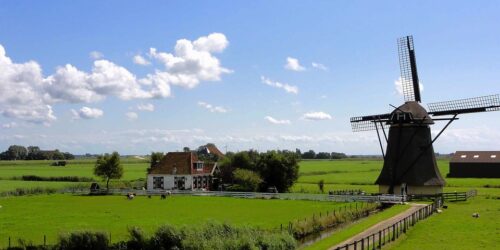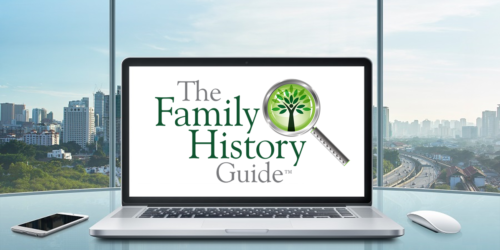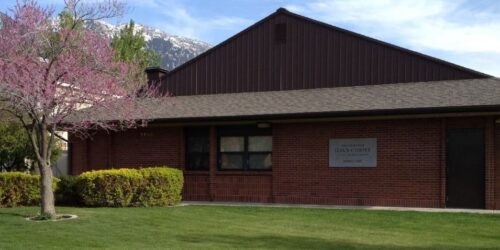New QRB Video: Researching Records in the Netherlands
We recently added a new QRB (Quick Research Basics) video to our YouTube Channel and to Goal 1 of the Netherlands country page. It’s titled “Researching Records in the Netherlands” and provides you with some great tips on how to find and use essential records for your research in that country. There are now two intro (QRB) videos in Goal...









